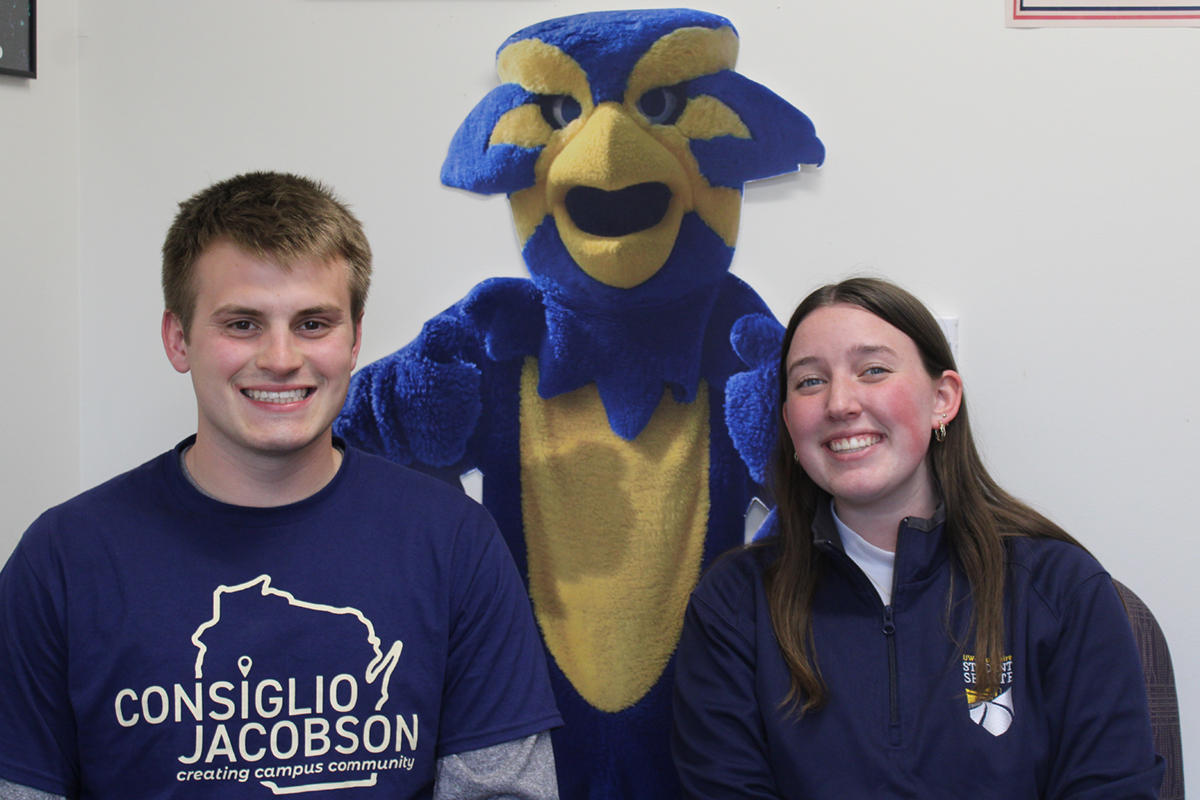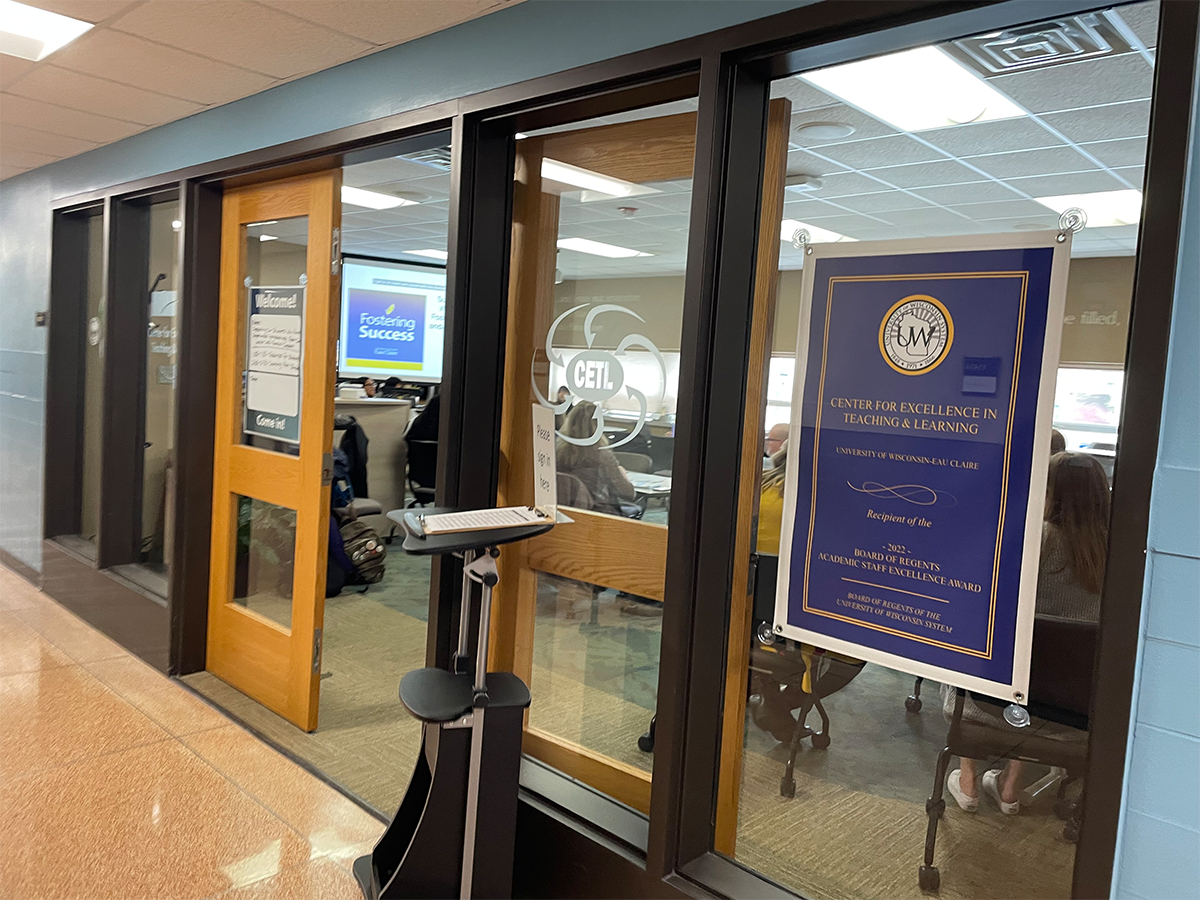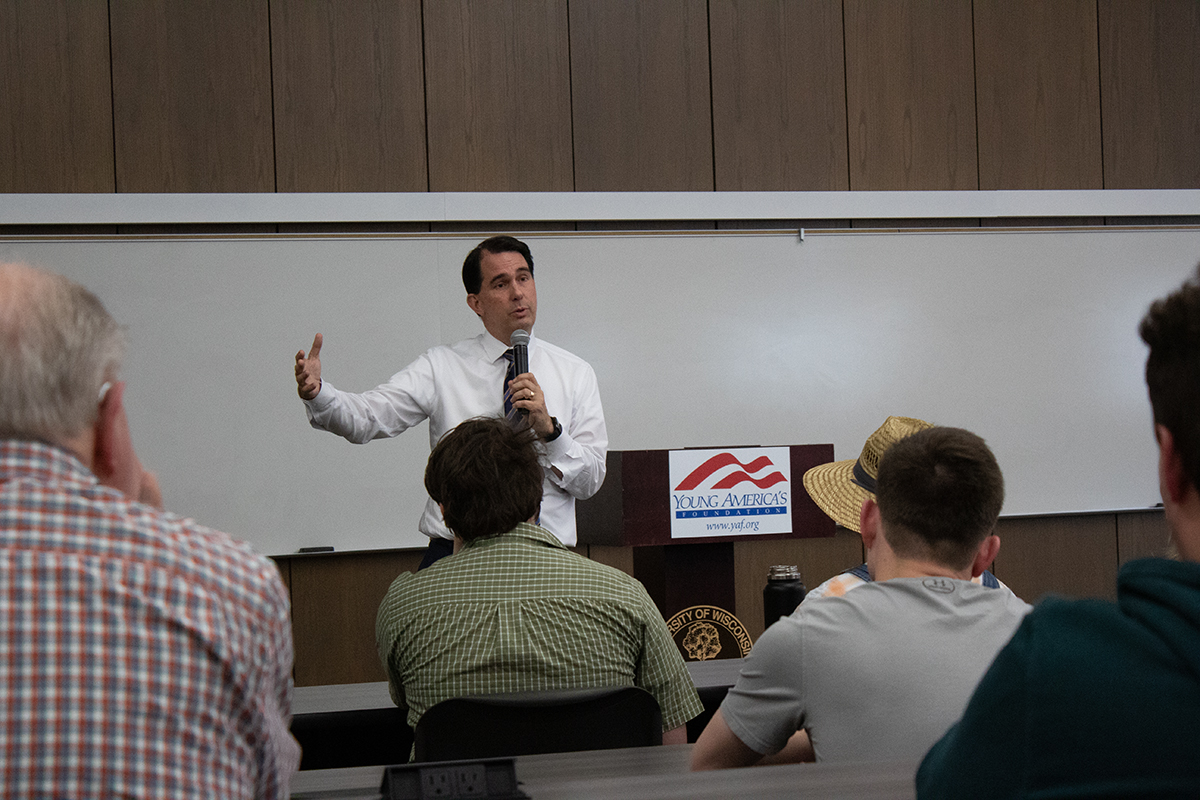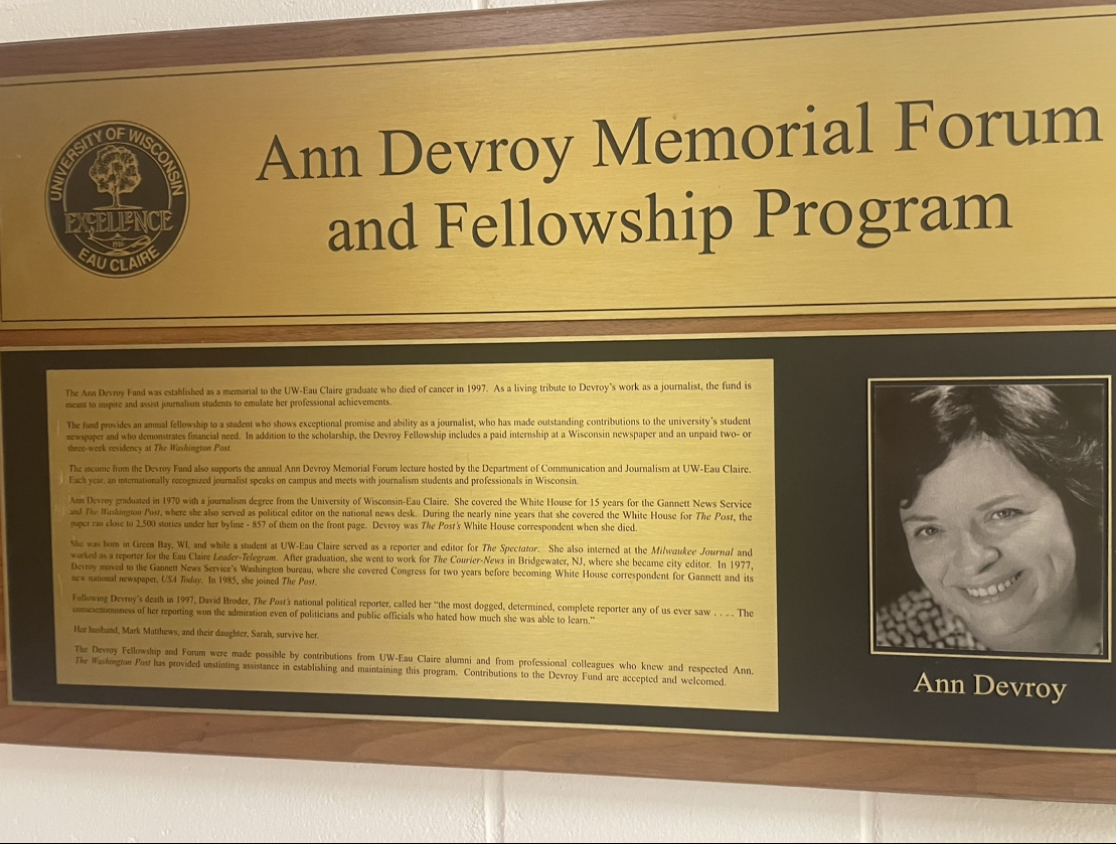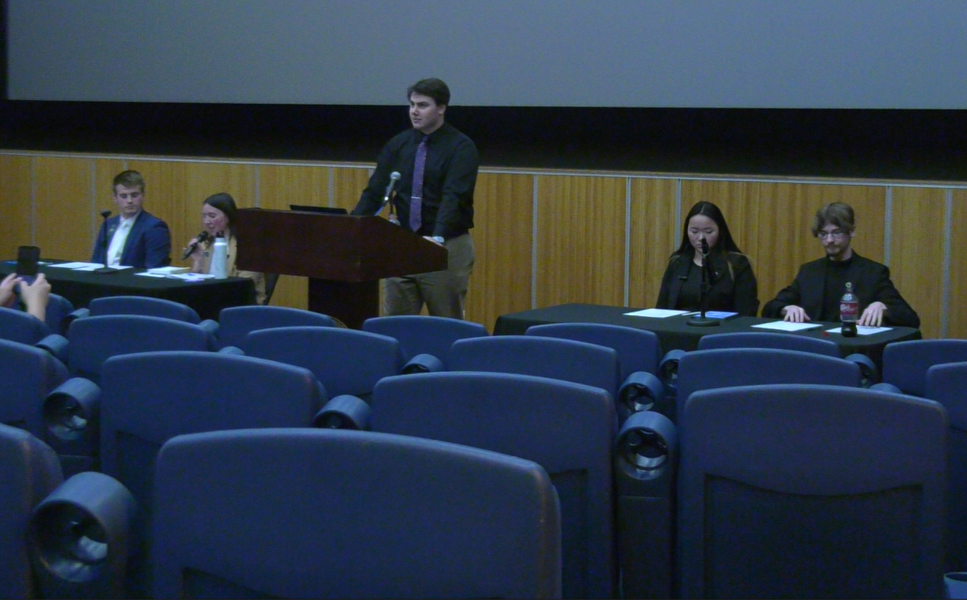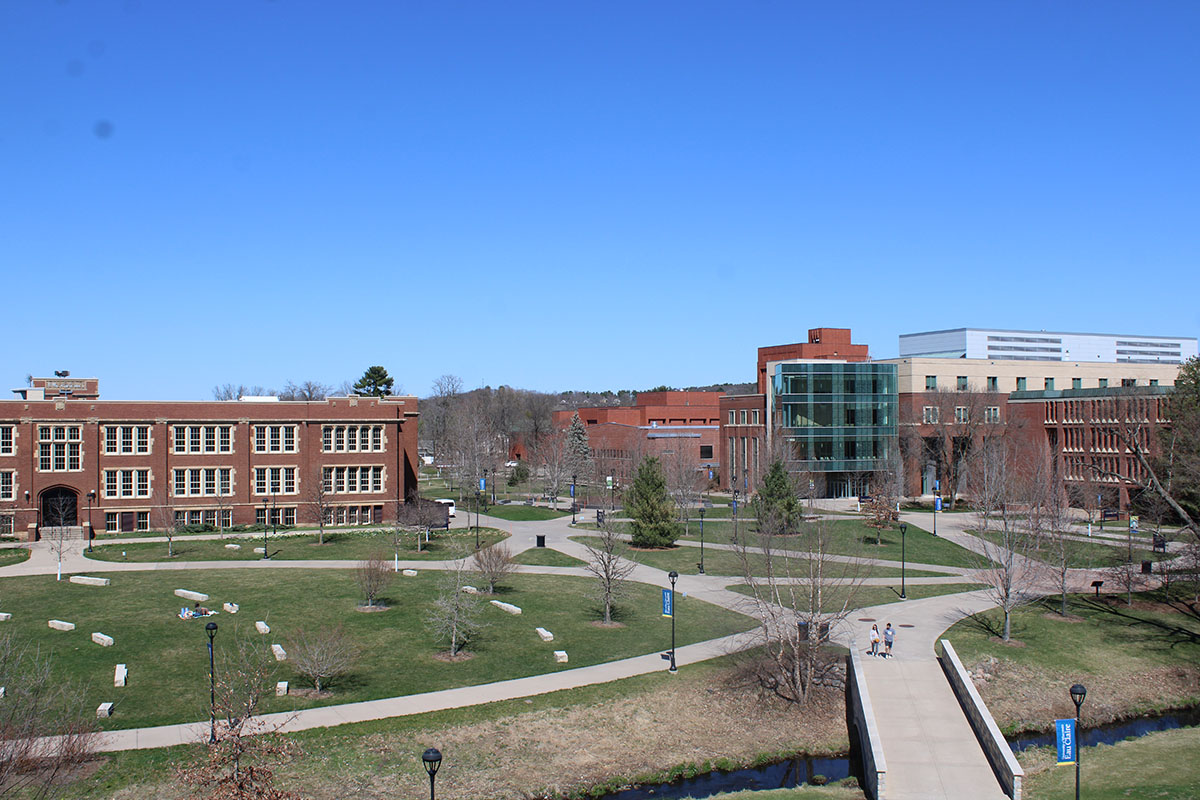December 2008 graduate Joe Felber knows in many ways, the odds are against him in the search for a job right now.
“There’s a lot of unemployed people who have a lot more work experience out there, and that makes it really difficult,” Felber said.
Felber, who earned degrees in computer science and math, worked a temporary on-campus job for six-months after graduating. That job ended in July, and he hasn’t had luck finding another since.
Though he is hopeful that he will hear back from one employer in Madison and two in Eau Claire this week, Felber said he has sent out one or two applications per week in the nearly four months he has been unemployed
“It’s a really discouraging endeavor,” he said.
Data from the U.S. Bureau of Labor Statics show Felber isn’t alone.
Compared to September 2008, the unemployment rate of those with a bachelor’s degree or higher nearly doubled from 2.6 percent to 4.9 percent in September of this year.
That rate was relatively stable around 2 percent in 2006 and 2007.
According to the bureau’s statistics, high school dropouts are actually faring better in the current economic climate than those with a degree.
While unemployment also nearly doubled for people in the uneducated category, participation rates were much lower than those with a degree.
Only 47 percent of more than 12 million dropouts actively sought employment or held employment in September as opposed to 77 percent of nearly 46 million people with higher education.
That means while just around 1.8 million people without a high school education went unemployed, more than 2.25 million with degrees went without a job.
Overall, nationwide unemployment in September reached 9.8 percent.
David Schaffer, assistant professor of economics, said the numbers shouldn’t come as a surprise.
“Last May in particular was a tough time to graduate and look for work,” said Schaffer. “Nationwide a much larger percentage of graduates than usual applied to various graduate programs because they knew it was going to be so tough to find a job.”
In normal economic times employers will look at graduates as an investment, Schaffer said, and take them on to train them into valuable, long-term employees.
Because of the recent trend in layoffs, Schaffer said many companies feel obligated to rehire laid-off workers before even thinking about hiring new employees.
“Only after they’ve got them all back will they turn to graduates,” Schaffer said. “It could stretch four or five years until hiring graduates is as high as it was in the past.”
Non-skilled labor, Schaffer said, is different because of its short-term nature.
Employers aren’t as worried about rehiring for unskilled labor positions because only a small percent of workers stay for long periods of time, which in turn provides more openings for new employees, Schaffer said.
For some students without a job, graduate school is not financially feasible. Schaffer suggested those students take an entry-level position – maybe not one they want – and use it as a stepping stone and a way to save money until a desired position opens.
For some graduates like Felber who are still buried in loans, going to graduate school immediately following their undergraduate work isn’t financially feasible.
Felber said he is open to taking an internship or anything that will help him get a job. Maybe that way, he said, he could attend a graduate program later on.
“For now, I really want to try to get some work experience under my belt and try to get some of my student loans paid off,” he said. “That’s kind of the double-edged sword that goes along with going to school.”

